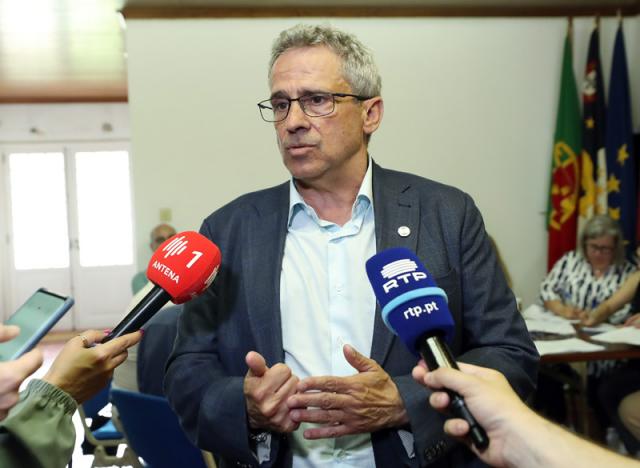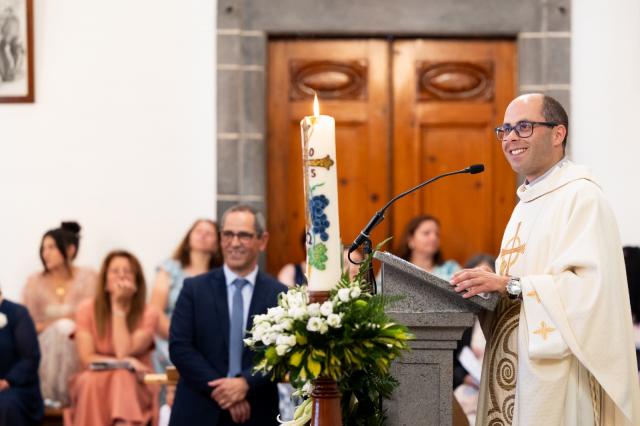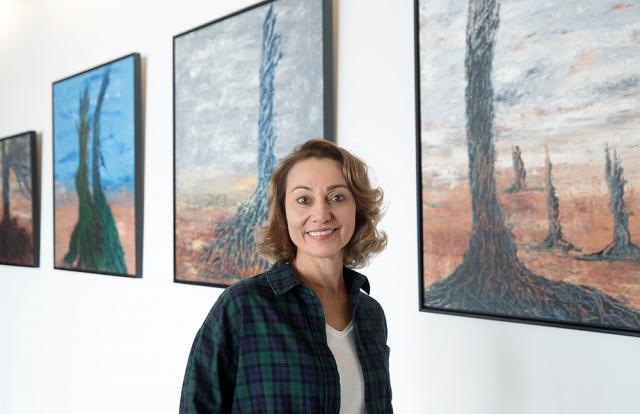The “Atelier do Código” project has already been implemented in 806 classes from 1st to 6th grade, involving 721 teachers and about 12 thousand students.
According to the Regional Director for Science and Technology, this project, created in 2019, is part of the strategy for the promotion of access to the fields of Science, Technology, Engineering and Mathematics (STEM) that the regional executive has been fostering during this legislature.
"Atelier do Código is an initiative of the Regional Directorate for Science and Technology together with the Education Directorate, which ensures the implementation of this project. We expect that, during this school year, it will involve about 12 thousand students and a little more than 700 teachers," revealed the director, underlining that this is "a unique project in the country”.
Bruno Pacheco emphasized that this initiative aims at empowering young people and children with knowledge of new languages and thus prepare them for the future. "In these days the mastery of digital skills is fundamental to succeed in the labor market, so learning programming is central to the development of skills taking into account what is expected to be the future," he said, recalling that this learning is advocated by international entities such as the OECD.
On the other hand, Atelier do Código aims at providing training in digital citizenship. "Being a citizen in the digital age implies other skills that did not exist 10 or 20 years ago, and this Code Workshop intends to educate children in this context, by giving them tools for this new era of digital transformation," Pacheco said.
For this project, the Regional Directorate for Science and Technology has made available the ubbu platform, which was created specifically for teaching programming from 1st to 6th grade, with a total investment of 300 thousand euros.
Bruno Pacheco also added that Atelier do Código established a set of measures to promote digital literacy and citizenship, as well as the development of Information and Communication Technology skills, including a network of Programming and Robotic Clubs in the schools of the archipelago, the creation of Digital Skills Workshops, support for ICT Spaces and projects from entities supporting disabled citizens.





